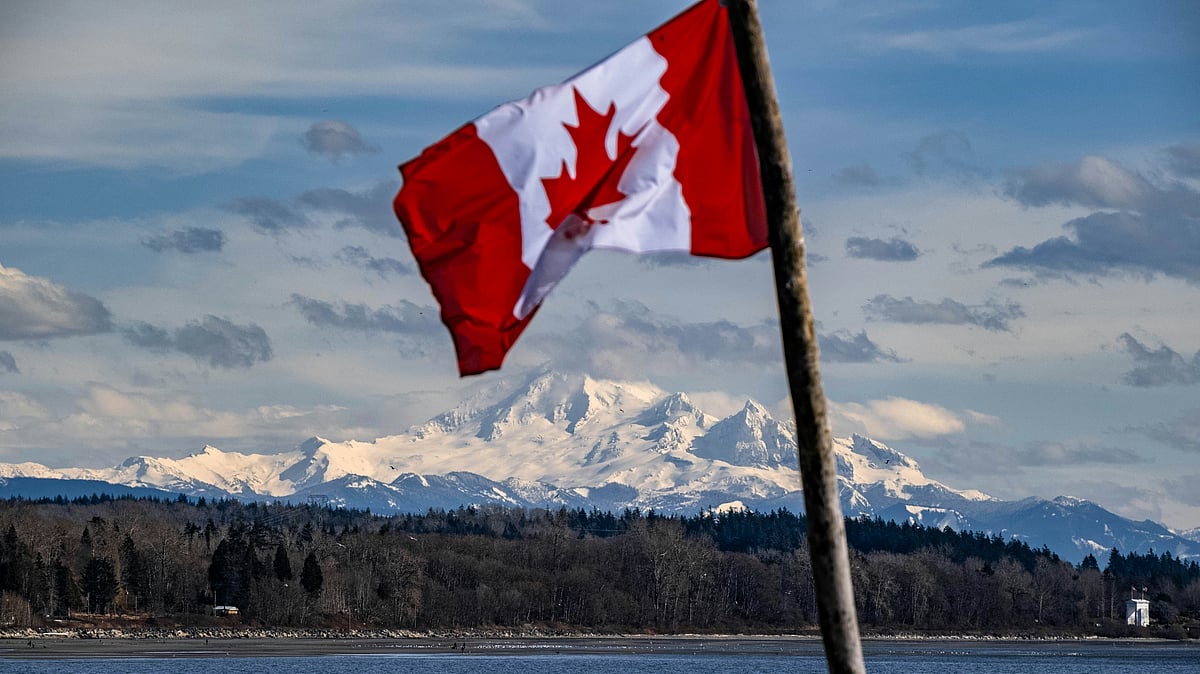China's former leader Hu Jintao was "not feeling well" when he was unexpectedly removed from the closing ceremony of the Communist Party Congress on Saturday, according to state-run media outlet Xinhua.
"Xinhuanet reporter Liu Jiawen has learned that Hu Jintao insisted on attending the closing session... despite the fact that he has been taking time to recuperate recently," Xinhua said on Twitter.
"When he was not feeling well during the session, his staff, for his health, accompanied him to a room next to the meeting venue for a rest. Now, he is much better."
There has been no official statement by the Chinese government concerning the incident, although Xinhua, like all Chinese media outlets, is a state-run organisation.
Hu Jintao, who held the presidency between 2003 and 2013, was on stage when two officials approached him. He said something to President Xi Jinping, who nodded back.
After that, Hu was escorted out of the building.
Xi has emerged during his first decade in power as one of China’s most powerful leaders in modern times, rivaling Mao Zedong, who founded the communist state in 1949 and led the country for a quarter-century.
A third five-year term as party leader would break an unofficial two-term limit that was instituted to try to prevent the excesses of Mao’s one-person rule, notably the tumultuous 1966-76 Cultural Revolution, under which Xi suffered as a youth.
Xi has put loyalists in key positions and taken personal charge of policy working groups. In contrast, factions within the party discussed ideas internally under Hu and Jiang, his two immediate predecessors, said Ho-fung Hung, a professor of political economy at Johns Hopkins University.
“Right now, you don’t really see a lot of internal party debates about these different policies and there is only one voice there,” he said.
Xi has emphasized the central role of the Communist Party, expanding state control over society as well as the economy. In his remarks, he said the party, which marked its 100th anniversary last year, is still in its prime.
“The Communist Party of China is once again embarking on a new journey on which it will face new tests,” he said.
(with inputs from AP)











